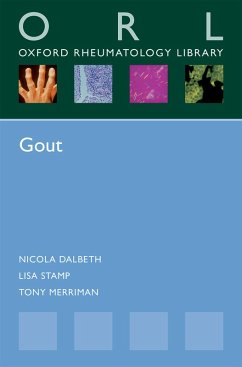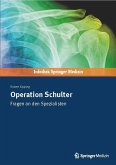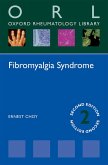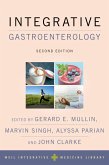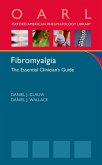Gout has become increasingly prevalent in recent years, and is now the most common form of inflammatory arthritis. There have been significant developments in our understanding of the basic biology of gout over the last decade, and major advances in therapeutics have provided successful treatments for acute attacks and long-term prevention, offering clinicians effective treatment options for their patients. Part of the Oxford Rheumatology Library series, Gout provides an up-to-date summary of the pathogenesis, clinical features, and treatment approaches to this condition. The main focus is on key aspects of the biology of the disease, relevant diagnostic tools, and principles of gout management. Practical information is included to guide safe and effective prescribing of gout medications. Chapters on imaging and the future of gout management are also included. The three authors are experts in the basic biology and therapeutics of gout, and have summarized key practice points in a concise and readable manner, making this comprehensive yet practical volume an essential resource for all rheumatologists and general practitioners.
Dieser Download kann aus rechtlichen Gründen nur mit Rechnungsadresse in A, B, BG, CY, CZ, D, DK, EW, E, FIN, F, GR, HR, H, IRL, I, LT, L, LR, M, NL, PL, P, R, S, SLO, SK ausgeliefert werden.

